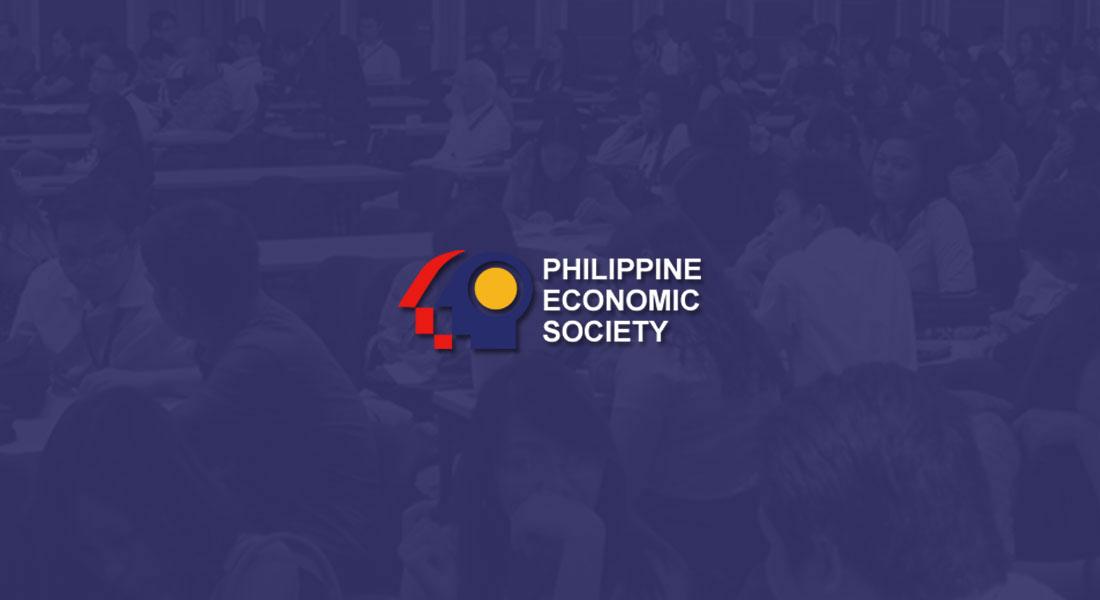
The Philippines must pursue long-term reforms to thrive amid intensified uncertainty wrought by geopolitics and external developments, including Donald J. Trump's impending return to the White House seen solidifying the United States' trade protectionism, according to a World Bank economist.
On the sidelines of the Philippine Economic Society's (PES) 62nd Annual Meeting and Conference last Nov. 7, World Bank East Asia and Pacific chief economist Aaditya Mattoo told Manila Bulletin that global geopolitical, macroeconomic and policy—especially trade—uncertainties are all "somewhat magnified right now."
Besides Trump's triumph in the Nov. 5 US presidential election, Mattoo pointed to lingering risks brought about by prolonged wars in Ukraine and the Middle East, as well as a slowing Chinese economy alongside soft landing—or gradual slowdown in both inflation and economic growth—in the US.
"They will have an effect on the broader willingness to invest in trade or production, because people tend to hold back to see how things will turn out to be. So that is a challenge for the Philippines, because you don't know what kind of trade regime there will be globally in the future," Mattoo said.
"In this situation, the best response is really the kind of own reform. And here, you're fortunate that now you have a government which is really committed to the reform," he added.
Mattoo was referring to pronouncements from Education Undersecretary Ronald Mendoza and Trade Undersecretary Rafaelita Aldaba, who told a panel during the PES conference that the Marcos Jr. administration is not only liberalizing the economy, but also investing in education, health as well as human capital to enhance economic capacity, he noted.
In particular, Mendoza said the Department of Education (DepEd) under Secretary Sonny Angara is embarking on digitalization, decentralization in cooperation with local government units (LGUs), as well as public-private partnerships (PPPs) to fill the 165,000-classroom deficit.
"These are the kind of reforms that are, in a way, no-regret reforms—no matter what happens to the rest of the world, the Philippines will benefit," Mattoo said.
As for external trade, Mattoo cited that the Philippines is "naturally diversified" hence it doesn't have to worry about shifting patterns in one particular market, such as the US under a Trump 2.0 administration next year. He added that it helps the Philippines trades a lot with its regional neighbors.
"Generally, I think concerns about how international politics and economics evolve, and how they will affect developing countries are precisely a concern that the World Bank also has. And we ourselves have to find ways in which countries can develop without having to worry about it," according to Mattoo.
When changes in socio-political policies as well as technological shifts like artificial intelligence (AI) occur and then magnify uncertainty in the world stage, individual economies should not only adapt but also be resilient, he said.
Referring to the Philippines, Mattoo noted that in terms of resilience, "you have more experience than anybody in dealing with the consequences of climate change; and so, if you are having that experience, it's a far-bigger existential challenge... I think, these political changes are small shocks compared to those."
 Philippine Economic Society (PES)
Philippine Economic Society (PES)